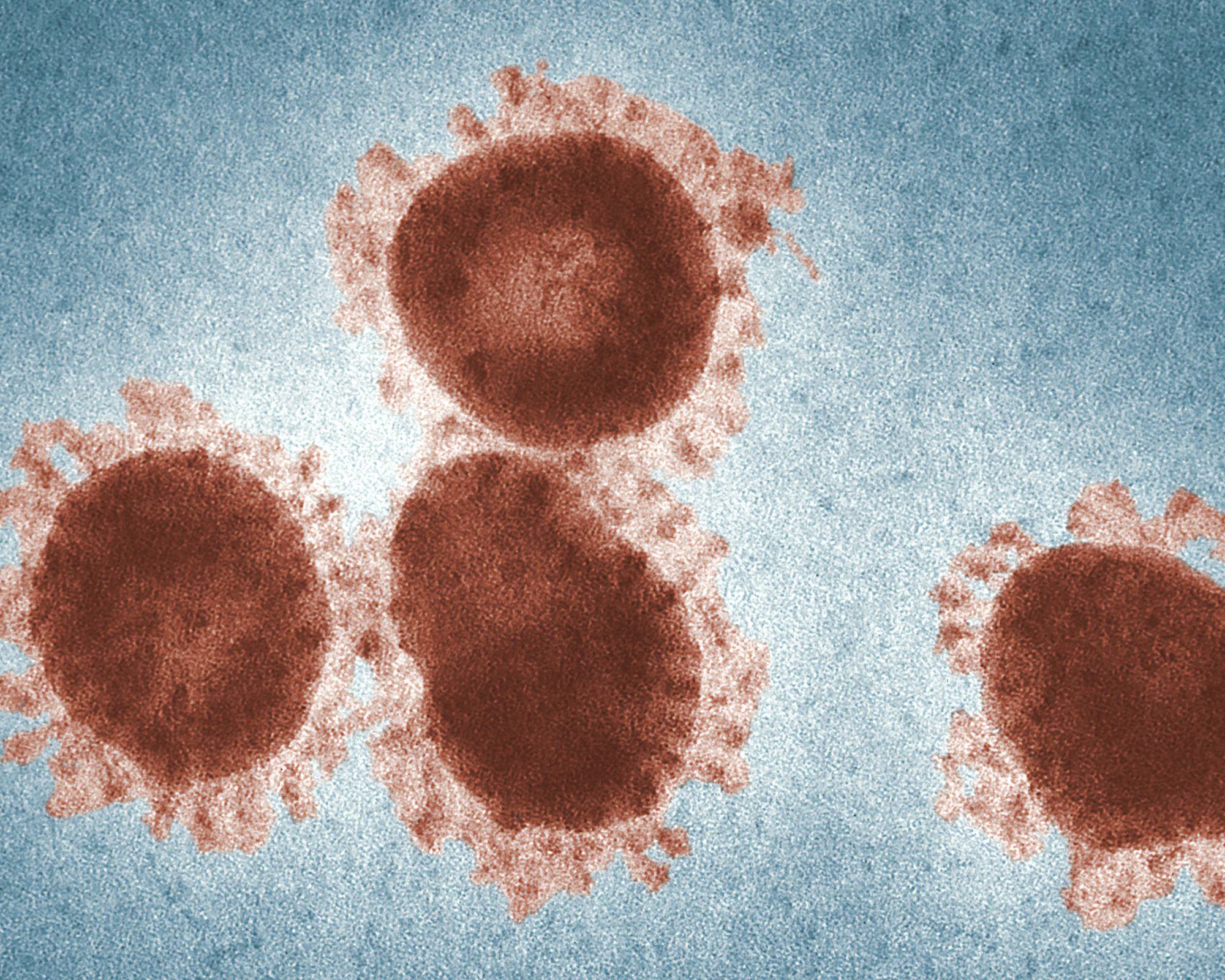 Reading Time: 4 minutes
Reading Time: 4 minutesBy Faye
Have you ever thought that your body is not totally your own?
We exist as part of the natural world and within us resides a human microbiome consisting of trillions and trillions of microbes. It can be hard to imagine, especially when we can’t see it with the naked eye, but our bodies are awash with bugs!
We play host to commensal bacteria and fungi and viruses. These bugs that we carry and collect as we make our way through life influence our health, sometimes in ways that are beneficial and at other times in ways that are challenging.
Beneficial bacteria in our microbiomes actually communicate and educate our immune system and form part of a protective barrier between the inside of the body and outside world.
Herpes Virus
Other microbes can contribute to unwanted and uncomfortable symptoms. Take one very common virus, the group of viruses known as herpes. It comes in several different forms and affects different areas of the body. The virus produces sores which blister and can be very uncomfortable and unsightly. This group of viruses is also suspected to be linked to the expression of a variety of health conditions.
Given that these viruses are so common in the population and are linked to unpleasant symptoms and perhaps even perhaps more serious health conditions we think finding ways to manage this virus and keep it in check is a logical approach.
If you know you carry one of the herpes viruses such as herpes simplex -1 that causes cold sores around the mouth or nose you might want to consider some easy nutritional interventions.
Lysine is an essential amino acid, which means we don’t produce it ourselves and we need to obtain it through food. It has several bonus characteristics:
Lysine has been shown to have broad immune-enhancing capacities and is well known for its usefulness in fighting cold sores by reducing the growth and proliferation of the virus.
Lysine is required for the production of another amino acid called carnitine which is required to burn fat for energy so may assist with weight loss.
It is involved in the production of collagen which is the protein that forms bone cartilage and connective tissue, so healthier joints and skin may also be a benefit of paying attention to this amino acid in your diet.
Want to Get More Lysine Into Your Diet?
Then eat mainly plant-based sources of Lysine with some fish and eggs. For example:
Eggs
Fish
Avocados
Cottage cheese
Yogurt
Oats
Quinoa
Dried apricots
Mango
Pears
Beetroot
Buckwheat flour
Considering Lysine Supplementation?
If you suffer from regular outbreaks of the herpes virus then you may want to consider a supplement of L-Lysine up to 1000mg per day depending on your body weight (If you have any underlying health conditions or take any medications you should consult an appropriate health professional such as a nutritional practitioner and your medical doctor before embarking on a supplement regime.)
In addition to adding more Lysine, you may find it useful to reduce foods containing Arginine. A 2017 study indicated that Lysine supplementation under 1000mg was only effective in a herpes outbreak alongside a low Arginine diet. Arginine is an amino acid found in meat, nuts, and legumes. It can get complicated because many foods contain Lysine and Arginine such as meat and poultry!
Is There a Link Between Viruses and Weight Gain?
Herpes is not the only virus that can be problematic for us, recent research has questioned whether a virus called Adenovirus 36 may be involved in weight gain and obesity, we are only just beginning to understand the very complex role of viruses and their impact on our health experience.
By focusing on exploring mechanisms behind weight gain and chronic health conditions we can find practical nutritional solutions for gaining better health. So whether you want to lose weight or support immune function, eating the right foods for your health that include a wide variety of immune-supporting properties is a healthy lifestyle choice such as garlic, apple cider vinegar, elderberry, ginger, oregano, licorice, turmeric, lemon and lots of vegetables.
It’s your choices and decisions about what to eat, drink, do, think, feel, and believe that can create better health for you.
We hope you enjoyed this article.
Enjoying living health!
Important Notice: This information is for educational purposes only and not intended to diagnose, treat or cure any health condition. If you are taking any other supplements or medication on any supplement programme always consult your medical doctor.







